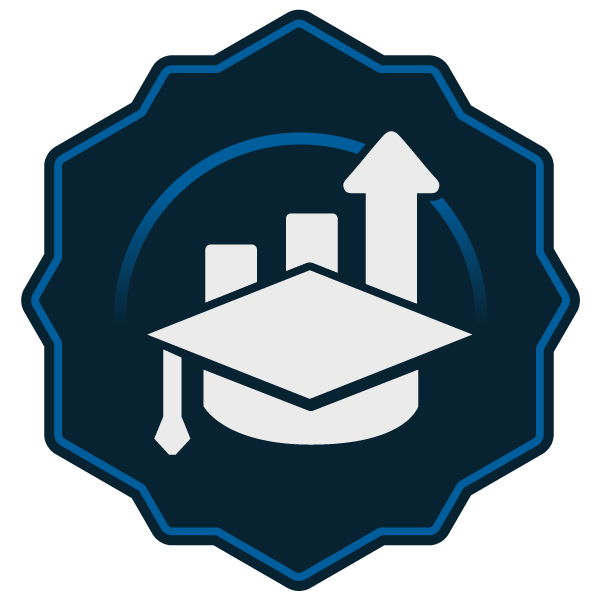Organisational development is the change management, culture creation, and workforce development to set a business up to meet its strategic goals. Managers within these roles create and enforce change management strategies that improve and enhance employees’ work and the overall business itself.
In this role, you can expect to focus on wider business goals, identifying opportunities for employee growth to enhance business operations. While Human Resources often work more closely on policies and the hiring and managing of employees, organisational development works with both the company and employees to boost employee engagement and productivity, and in turn, increase profits.
Organisational development managers can still work within, or closely with human resources to create a positive work environment by ensuring effective management of employees and creating a well-balanced and engaging culture within a company.
If you’re looking to utilise your interpersonal and leadership management skills to develop the people and culture of a business, an organisational development diploma can fast-track you into this rewarding role.



























